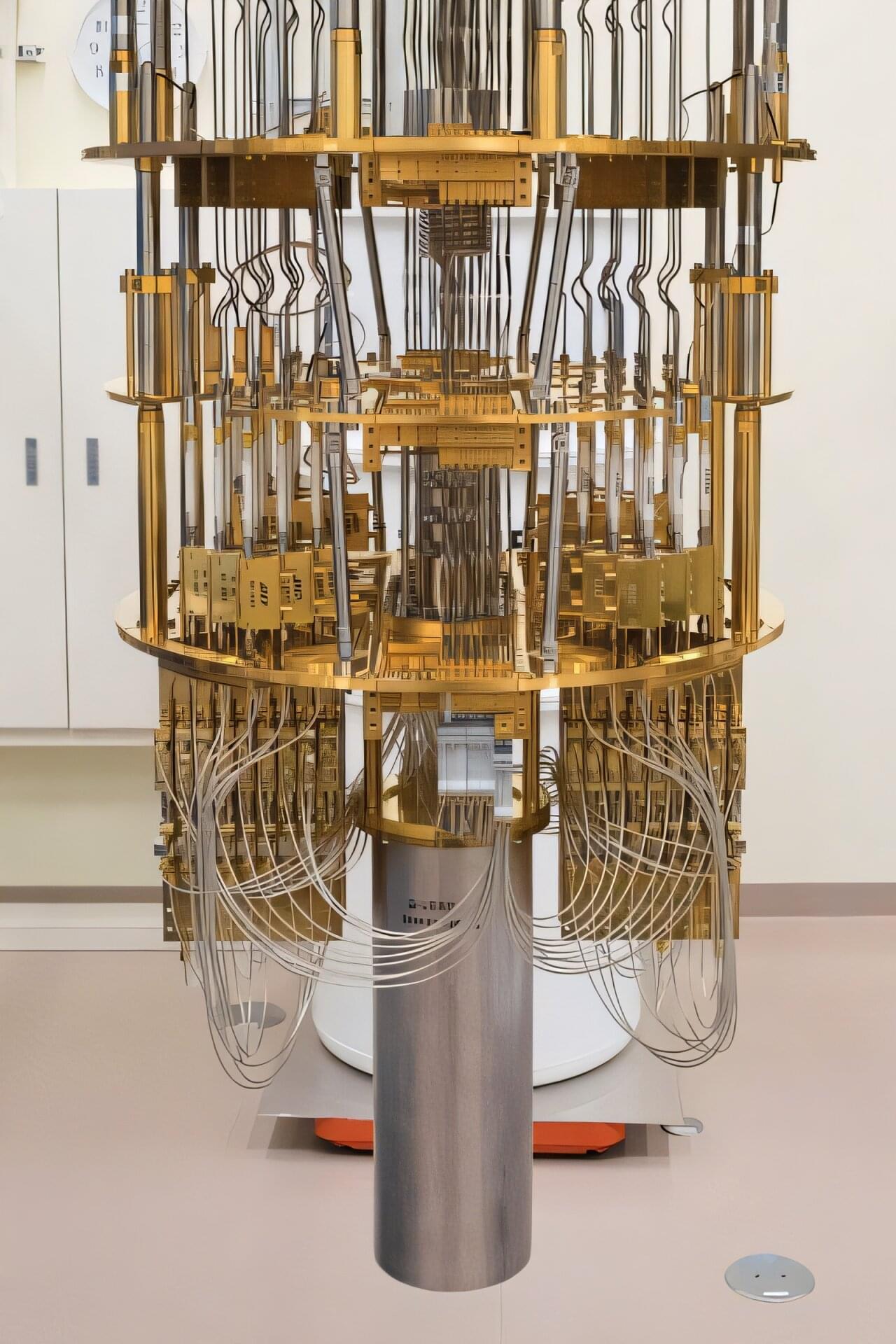How a brain’s anatomical structure relates to its function is one of the most important questions in neuroscience. It explores how physical components, such as neurons and their connections, give rise to complex behaviors and thoughts. A recent study of the brain of the tiny worm C. elegans provides a surprising answer: Structure alone doesn’t explain how the brain works.
C. elegans is often used in neuroscience research because, unlike the incredibly complex human brain, which has billions of connections, the worm has a very simple nervous system with only 302 neurons. A complete, detailed map of every single one of its connections, or brain wiring diagram (connectome), was mapped several years ago, making it ideal for study.
In this research, scientists compared the worm’s physical wiring in the brain to its signaling network, how the signals travel from one neuron to another. First, they used an electron microscope to get a detailed map of the physical connections between its nerve cells. Then, they activated individual neurons with light to create a signaling network and used a technique called calcium imaging to observe which other neurons responded to this stimulation. Finally, they used computer programs to compare the physical wiring map and the signal flow map, identifying any differences and areas of overlap.








